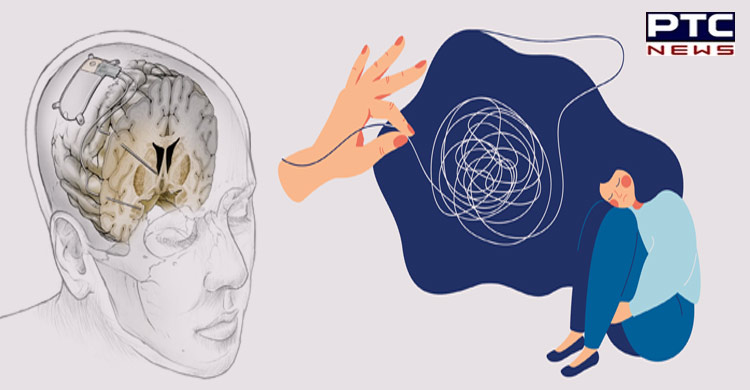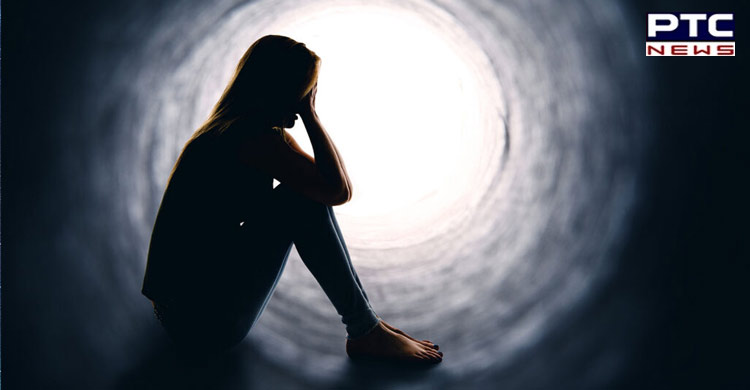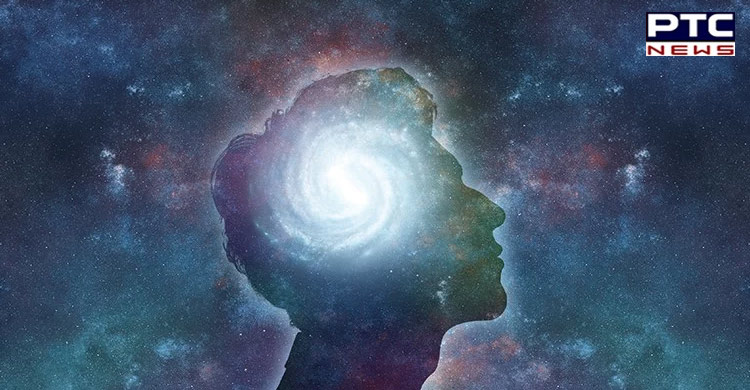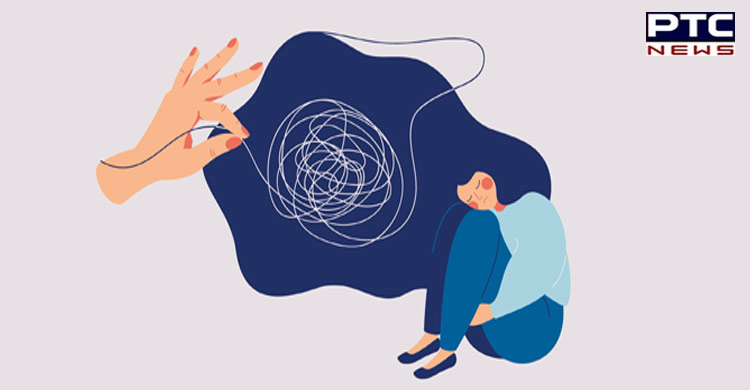

Research shows how brain changes during treatment of depression
Vancouver [Canada], May 18: Researchers have shown what happens to the brain when treated for depression known as repetitive transcranial magnetic stimulation (rTMS).
 The findings of the research were published in the 'American Journal of Psychiatry' by a collaborative effort across the Centre for Brain Health, including DMCBH researchers Dr Sophia Frangou, Dr Rebecca Todd, and Dr Erin MacMillan, as well as members of the UBC MRI Research Centre including Laura Barlow at the University of British Columbia.
The findings of the research were published in the 'American Journal of Psychiatry' by a collaborative effort across the Centre for Brain Health, including DMCBH researchers Dr Sophia Frangou, Dr Rebecca Todd, and Dr Erin MacMillan, as well as members of the UBC MRI Research Centre including Laura Barlow at the University of British Columbia.
 Also Read: Sedentary lifestyle, higher salt and sugar consumption leading to heart failure
rTMS is a depression treatment typically used when other approaches -- such as medications -- haven't been effective for a patient. It is estimated that approximately 40 per cent of people with major depression do not respond to antidepressants.
During an rTMS session, a device containing an electromagnetic coil is placed against a patient's scalp. The device then painlessly delivers a magnetic pulse that stimulates nerve cells in a region of the brain involved in mood control -- called the dorsolateral prefrontal cortex.
Also Read: Sedentary lifestyle, higher salt and sugar consumption leading to heart failure
rTMS is a depression treatment typically used when other approaches -- such as medications -- haven't been effective for a patient. It is estimated that approximately 40 per cent of people with major depression do not respond to antidepressants.
During an rTMS session, a device containing an electromagnetic coil is placed against a patient's scalp. The device then painlessly delivers a magnetic pulse that stimulates nerve cells in a region of the brain involved in mood control -- called the dorsolateral prefrontal cortex.
 "When we first started this research, the question we were asking was very simple: we wanted to know what happens to the brain when rTMS treatment is being delivered," said Dr Fidel Vila-Rodriguez, an assistant professor in UBC's department of psychiatry and researcher at the Djavad Mowafaghian Centre for Brain Health (DMCBH).
The researcher team found that by stimulating the dorsolateral prefrontal cortex, several other regions of the brain were also activated. These other regions are involved in multiple functions -- from managing emotional responses to memory and motor control.
The participants then underwent another four weeks of rTMS treatment and the team assessed whether the activated regions were associated with patients having fewer symptoms of depression when their treatment ended.
"When we first started this research, the question we were asking was very simple: we wanted to know what happens to the brain when rTMS treatment is being delivered," said Dr Fidel Vila-Rodriguez, an assistant professor in UBC's department of psychiatry and researcher at the Djavad Mowafaghian Centre for Brain Health (DMCBH).
The researcher team found that by stimulating the dorsolateral prefrontal cortex, several other regions of the brain were also activated. These other regions are involved in multiple functions -- from managing emotional responses to memory and motor control.
The participants then underwent another four weeks of rTMS treatment and the team assessed whether the activated regions were associated with patients having fewer symptoms of depression when their treatment ended.
 Also Read: Here's how California Walnuts can help you make every day healthy
Dr Vila-Rodriguez explored how rTMS can be used to treat a range of neuropsychiatric disorders. He has received funding through the Djavad Mowafaghian Centre for Brain Health Alzheimer's Disease Research Competition to look at rTMS as a way to enhance memory in patients who are showing early signs of Alzheimer's disease. He also received a grant from the Canadian Institutes of Health Research (CIHR) to study whether the rTMS brain activation patterns can be detected by changes in heart rate.
-PTC News
Also Read: Here's how California Walnuts can help you make every day healthy
Dr Vila-Rodriguez explored how rTMS can be used to treat a range of neuropsychiatric disorders. He has received funding through the Djavad Mowafaghian Centre for Brain Health Alzheimer's Disease Research Competition to look at rTMS as a way to enhance memory in patients who are showing early signs of Alzheimer's disease. He also received a grant from the Canadian Institutes of Health Research (CIHR) to study whether the rTMS brain activation patterns can be detected by changes in heart rate.
-PTC News
